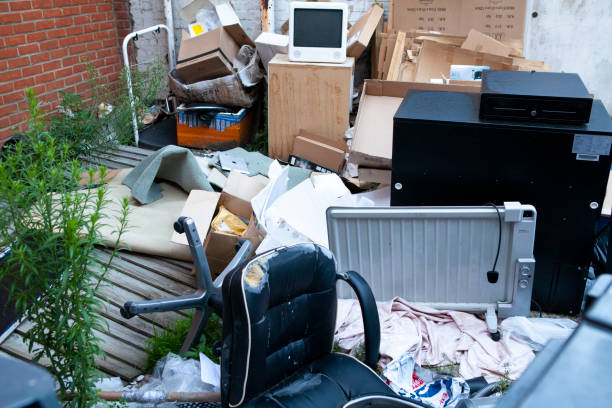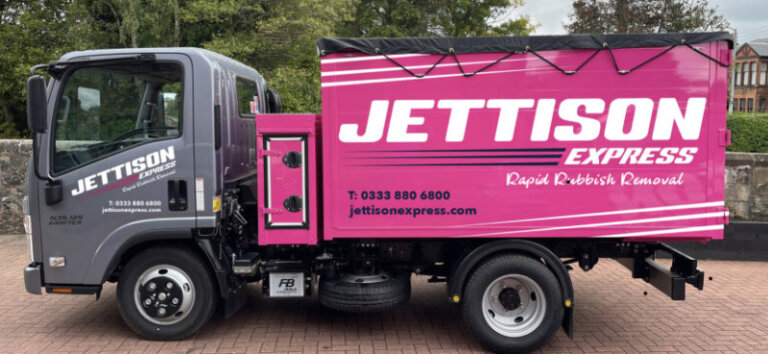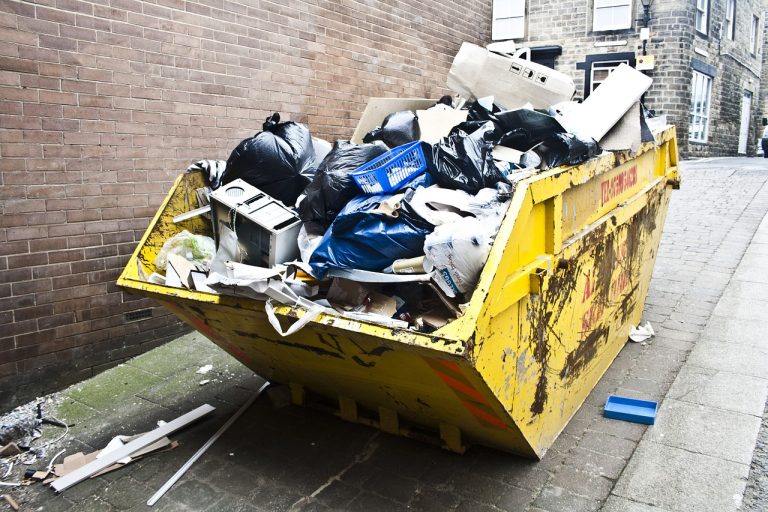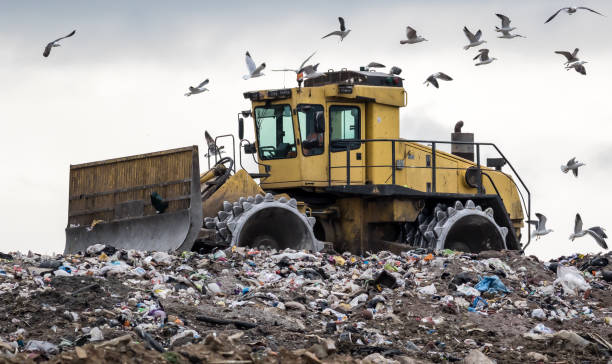What is Fly Tipping and is it a real problem?
Fly-tipping refers to the illegal disposal of rubbish on unauthorised property. Fly-tipping is a criminal offence because such conduct is prohibited by law.
What is the difference between littering and fly-tipping?
Small pieces of trash, such as cigarette butts and food and drink packaging, that are carelessly thrown on the ground in public places rather than being disposed of in a trash can are referred to as “littering.” Fly-tipping is the term for larger goods that are thrown; this might include anything more than one trash bag.
How does fly-tipping become a problem?
Unauthorised rubbish disposal pollutes the surrounding environment in addition to making the property unattractive, especially in peaceful rural areas that are frequently targeted. Any garbage that is not properly disposed of can be harmful to people and animals, particularly if it is damaging to health or can result in harm. Each year, cleaning up rubbish that has been illegally dumped costs local governments and taxpayers millions of pounds.
Which things are fly-tipped the most frequently?
Household waste, electrical appliances like refrigerators, freezers, and washing machines, debris from building and demolition projects, garden waste, automobile parts, and waste from businesses are the most often fly-tipped items.
What are the legal guidelines for fly-tipping?
The offender(s) of fly-tipping may be held accountable for their actions. The Environmental Protection Act of 1990 and the Control of Pollution (Amendment) Act of 1989, among other laws, set the rules for fly-tipping in England and Wales.
1990’s Environmental Protection Act
According to the EPA of 1990, it is the responsibility of everyone who imports, produces, carries, maintains, processes, or disposes of trash to ensure that garbage is moved and disposed of legally. On any property without a garbage acceptance permit, it is unlawful to dispose of rubbish. A person who breaks the law whether by illegally disposing of rubbish or by failing to comply with their obligation of care, may be penalized and required to pay all investigation and prosecution costs. The law gives waste regulatory agencies the authority to issue notices for the removal of waste that has been dumped illegally. Local authorities may enter the property to clean up the rubbish and recover the costs involved if this is not followed. A fine may occur from failure to comply.
1989 Control of Pollution (Amendment) Act
It is against the law for anyone who is not a registered carrier of controlled waste to transport waste for profit under the Control of Pollution (Amendment) Act of 1989. This legislation also specifies the responsibilities of registered trash carriers, as well as the rules that must be followed when maintaining waste-transporting vehicles. Any waste control authorities, including trash collection agencies and the police, are given the right to stop and search any vehicles they suspect of transporting waste without a permit under the terms of this Act. A fixed penalty notice may be issued to anyone who fails to present authorisation for the transportation of waste.
Jettison Express provides superior rubbish removal services to Scotland residents. Our on-site waste transfer facilities are capable of recycling more than 85% of the items we collect.







